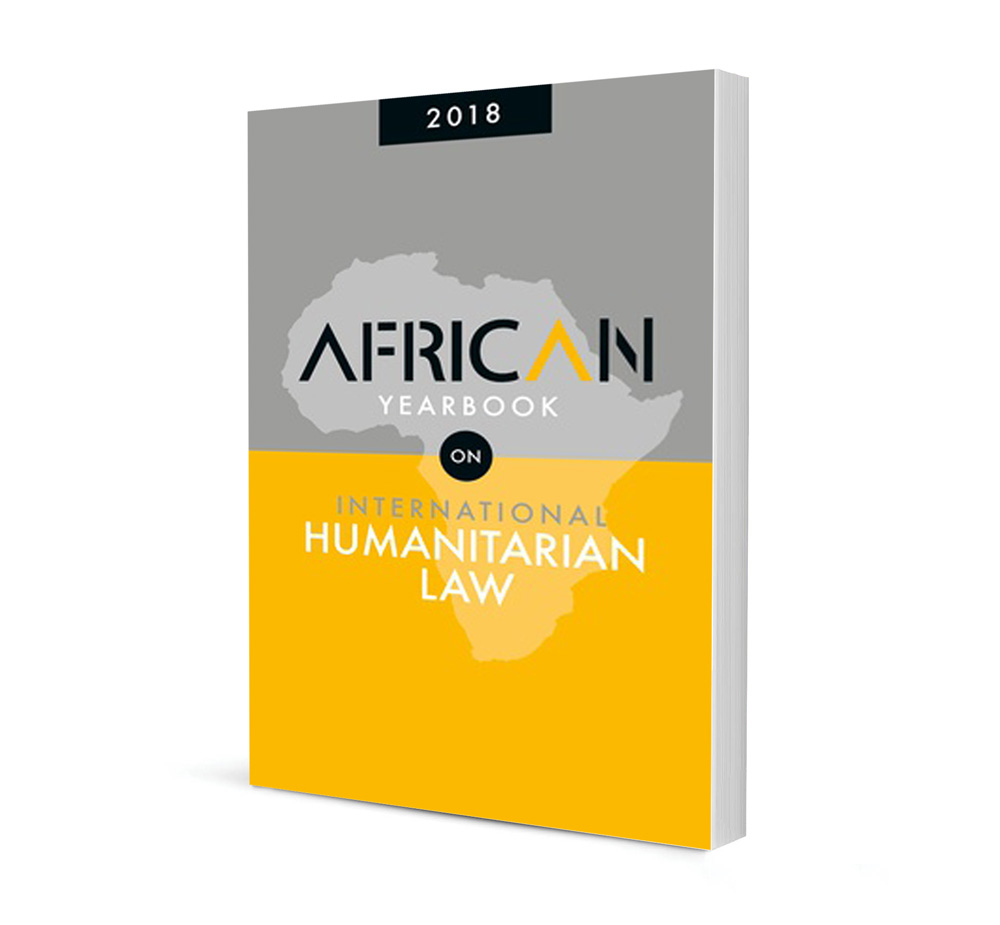Abstract
Crimes under international law, that is, war crimes, crimes against humanity and genocide, have been criminalised in some African countries, such as, Uganda, South Africa, Mauritius, and Kenya through the domestication of the Rome Statute of the International Criminal Court. Courts in these countries have jurisdiction, including universal jurisdiction, over crimes under international law. There are on-going attempts by public prosecutors to prosecute war crimes in Uganda. In South Africa, the Constitutional Court held that South African public prosecutors and the police have a duty to investigate allegations of crimes against humanity committed outside South Africa. Although private prosecutions for crimes under international law are possible in these countries, there is no known case in which a private prosecution in Africa has been instituted against alleged war criminals. The purpose of this article is to demonstrate the challenges that may be faced in the institution of private prosecutions in Uganda, Kenya, South Africa and Mauritius against those who are alleged to have committed crimes under international law.
